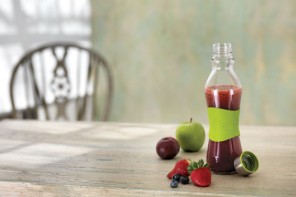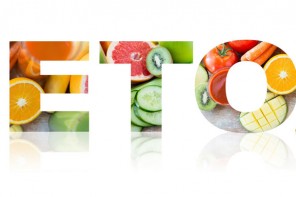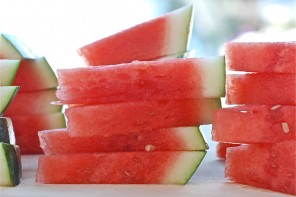Many people are choosing homeopathic remedies over traditional medicine, and this is often seen during the winter months when there are more natural therapies available to stave off colds and flu. But is homeopathy an eco-friendly choice?
The “do-no-harm” mantra
One of the main reasons why homeopathy is liked by many people is because it is seen as not having any potentially negative side-effects that are often attached to conventional medicines. By not harming your body with chemicals, you are living a cleaner, greener life. In fact, even simultaneously taking homeopathic remedies with conventional medicines can be safe as long as you consult both of your practitioners.
How homeopathy works
The crux of homeopathy is that it fires up the body’s own natural defense mechanisms so that you can become healthier and resist disease. Although it is a gentle approach, the results can be powerful and also last for a long time. When it comes to conventional medicine, often the thinking is that you’ll take pills in order to rid your body of the disease. Homeopathy, however, is more of a holistic approach. Your entire body is taken into account – not just your overall physical state, but mental and emotional wellbeing, too.
Healing the environment
There are many ways in which homeopathy benefits the environment and protects natural resources:
- Tiny amounts of original undiluted substances are all that is required to make thousands of doses of homeopathic medicine. This means that homeopathy’s impact on the environment is minute.
- Unlike in the case of pharmaceutical medicines, animal testing is not used in homeopathy; rather, healthy people who are willing to participate in the homeopathic proving process are recruited for testing.
- No waste is produced from the original material that is used to make medicine, so there is no danger of polluting the earth’s water supplies or oceans.
- When homeopathic medicines are made, everything gets used during the manufacturing process, thus limiting waste.
- The remedies do not contain any toxic ingredients so they are not eliminated as waste from the human body. This means that no waste moves back into our environment, such as by ending up in our water cycles or soil.
So, what’s the catch?
Nothing is perfect, not even natural remedies. Mistaken diagnosis can be problematic.
According to the Livestrong website, homeopathy works according to the principle of “like cures like.” What this means is that substances that can produce symptoms in a healthy person can cure those symptoms in an unhealthy person. So, if you take the wrong type of remedy for an illness, it could result in new, undesirable symptoms and cause you more problems. This is why misdiagnosis can be a problem. You might assume that you can just take any homeopathic remedy because it’s safe and natural, but the medicines need to be tailored to your specific needs. Another person with your symptoms would likely need a completely different remedy because homeopathy requires that many factors of the patient are taken into account, such as health history, body type, mental symptoms and specific details of suffered symptoms.
However, when it comes to small treatments, such as scrapes, burns or insect bites, you can use homeopathic remedies yourself. The more serious ailments and illnesses demand that you consult with a qualified homeopath so that you find the precise treatment for your body.
Health sustainability
A bonus of homeopathy is that it makes you an all-round healthier person. It strengthens your immune system besides for treating your ailment, so this means you can build your body into a healthier and stronger being. From an eco-friendly perspective, if you have sustainable health you require less medicine and the use of natural resources to produce it, benefiting both you and the environment in the long-term.











